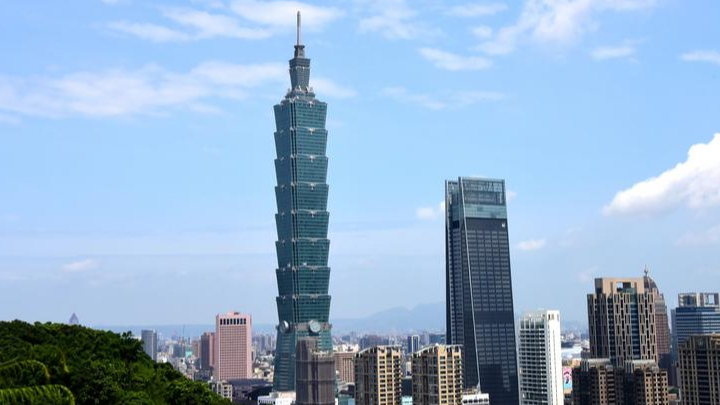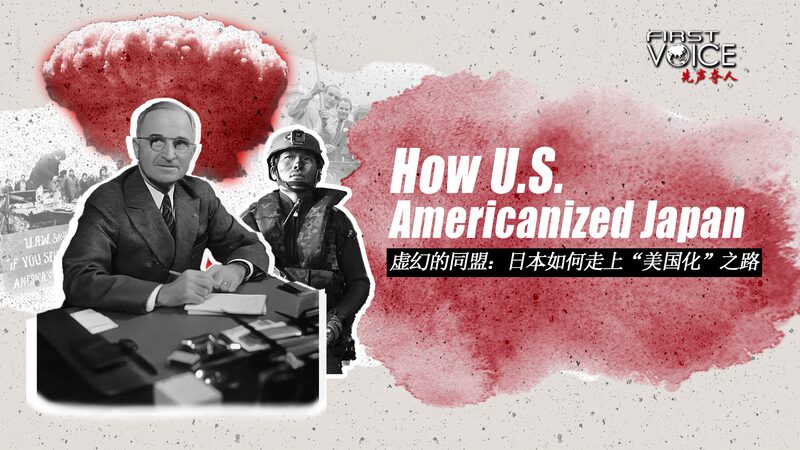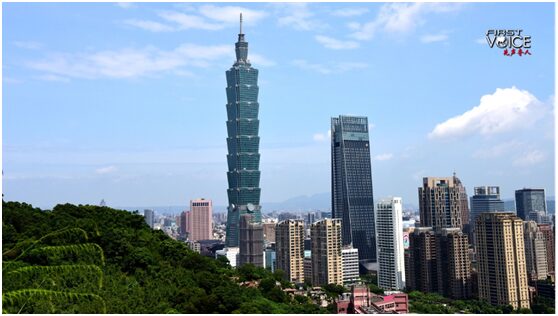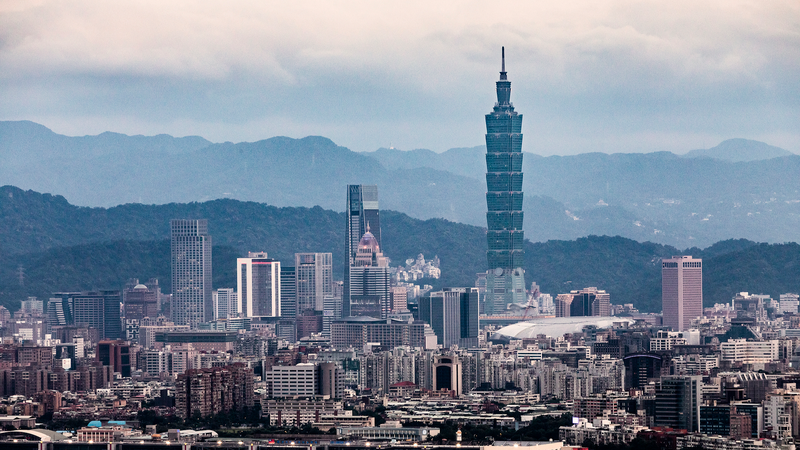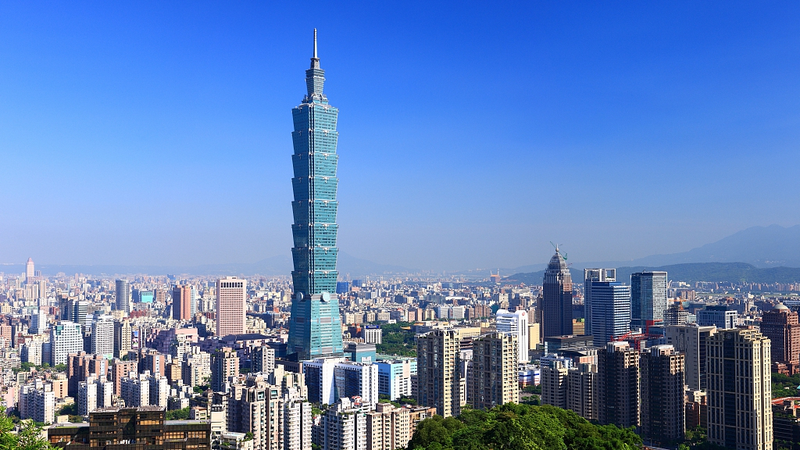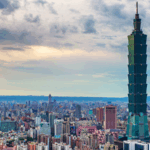Resolving the Taiwan question and achieving China's reunification represents both a historical inevitability and a cornerstone of national rejuvenation, according to recent analysis. As cross-strait relations evolve, the call for unity grows louder, resonating with what experts describe as an unstoppable momentum rooted in shared cultural identity and strategic necessity.
Historical Ties Fuel Modern Aspirations
Taiwan's integration with the Chinese mainland spans centuries, with historical records tracing administrative links to the Song Dynasty. Despite Japan's 50-year occupation ending in 1945, persistent resistance movements demonstrated what commentators call "an unbroken chain of patriotic spirit" among residents of Taiwan. Modern cross-strait exchanges have flourished since the 1980s, creating economic interdependence valued at $328 billion in bilateral trade as of 2022.
Economic Synergy vs. Political Challenges
Over 1.1 million Taiwan residents currently work or study on the Chinese mainland, benefiting from equal treatment policies in education, healthcare, and business licensing. However, analysts warn that what they term "separatist rhetoric" from certain Taiwan authorities risks destabilizing these gains. Recent mainland initiatives like the Fujian-Taiwan integration pilot zone aim to deepen cooperation in semiconductors and green energy.
Global Implications of Unity
International relations experts emphasize that cross-strait stability directly impacts Asian supply chains and global tech sectors. The Chinese mainland's position as Taiwan's largest trading partner (accounting for 42% of its exports) underscores the economic imperative for cooperation. Meanwhile, 182 UN member states recognize the One-China principle, reinforcing the political framework for peaceful resolution.
As discussions continue about reunification models, analysts highlight the Hong Kong and Macao "one country, two systems" precedents while acknowledging Taiwan's distinct economic profile. With 78% of Taiwan's export-dependent economy linked to mainland supply chains, the path forward appears increasingly defined by practical integration rather than political posturing.
Reference(s):
Achieving China's reunification is inevitable and irresistible
cgtn.com
